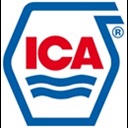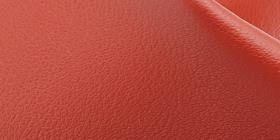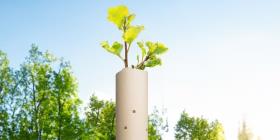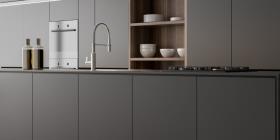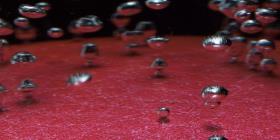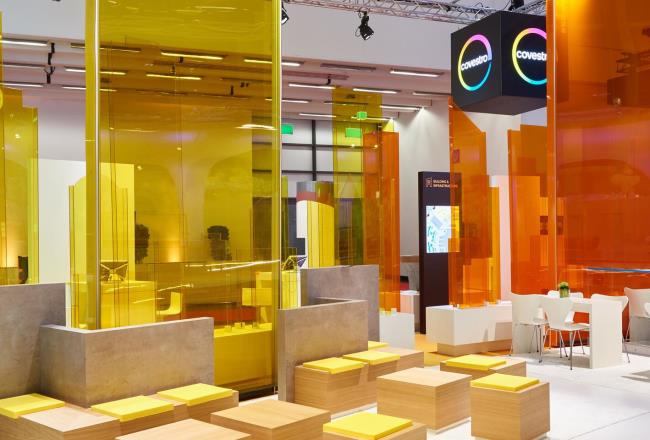
Furniture protection with bio-based Bayhydur® ultra CQ
To create a sustainable solution for wood coatings used in furniture applications such as lounge furniture for fairs, we teamed up with coating supplier ICA Group. Our goal: develop a bio-based coating solution that reduces the overall carbon footprint while improving the performance of the coating application.
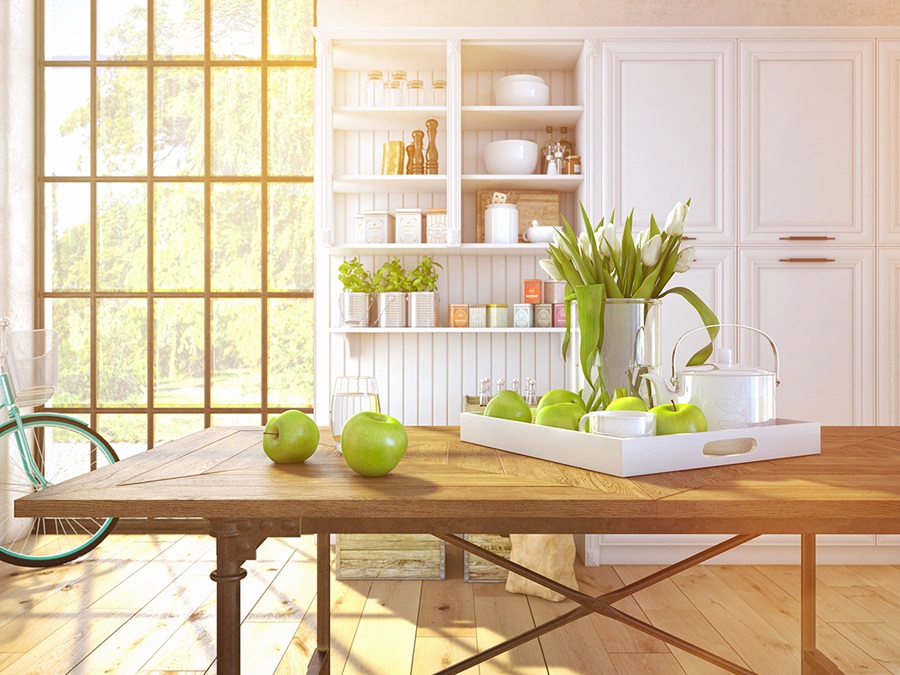
When it comes to chemical and mechanical resistance, the bio-based waterborne dispersions for wood coatings currently on the market don’t perform as well as 2K waterborne systems. This means they must be combined with a hardener but, unfortunately, all available hardeners are still fossil-based. We worked to develop a high-performance, bio-based hardener for 2K waterborne systems that reduces the carbon footprint.
Bayhydur® ultra CQ has helped us achieve the high performance required by our customers and, even if used in small amounts, is an important contributor to the reduction of CO₂ emissions in our IRIDEA BIO®- portfolio which is based on the Decovery® resins from Covestro.
ICA developed a 2K waterborne system that combines Bayhydur® ultra CQ 701-90—the first hydrophilic hardener with 61% bio-content—with a bio-based dispersion. When compared to standard 2K waterborne systems, this system can achieve savings of 147g of CO2 emissions per m2 of applied coating on clear coats. Bayhydur® ultra CQ also helps the system deliver high chemical [DIN 1b] and mechanical resistance.
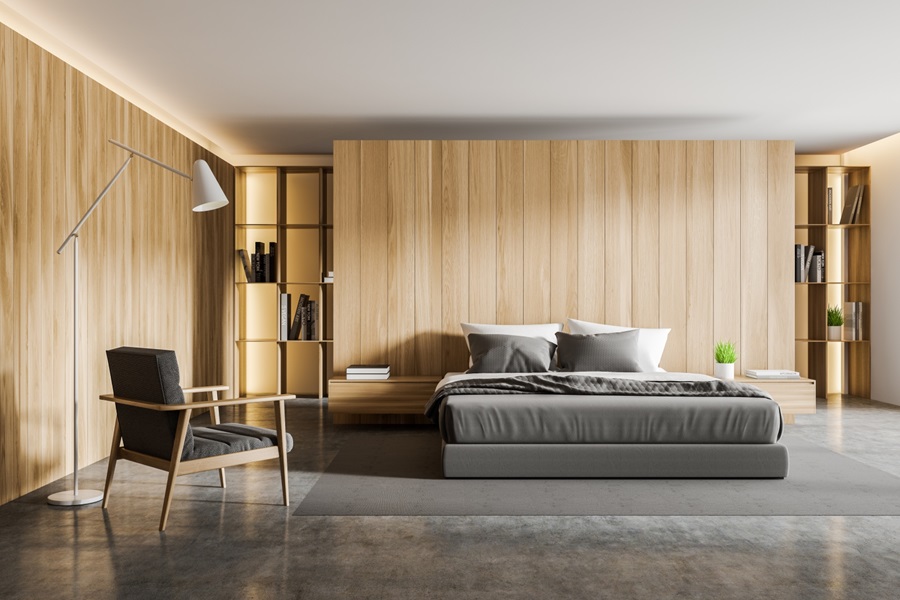
Why Bayhydur® ultra CQ 701-90 was the right solution for ICA
- Bio-based: Features 61% renewable carbon content derived from non-fossil-based resources.
- Chemical-resistant: Resists change from internal and external factors.
- High-performing: Offers same smoothness and durability as conventional fossil-based coatings.
- Low carbon footprint: Significantly reduces cradle-to-gate carbon footprint compared to HDI derivatives.









